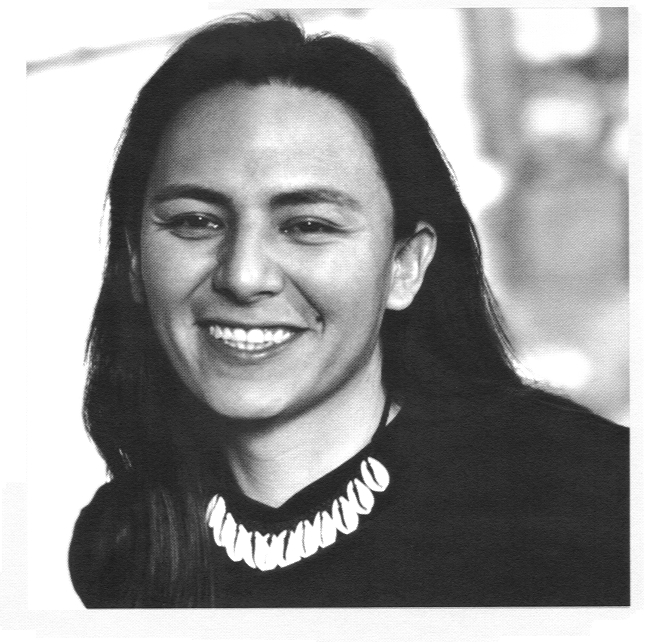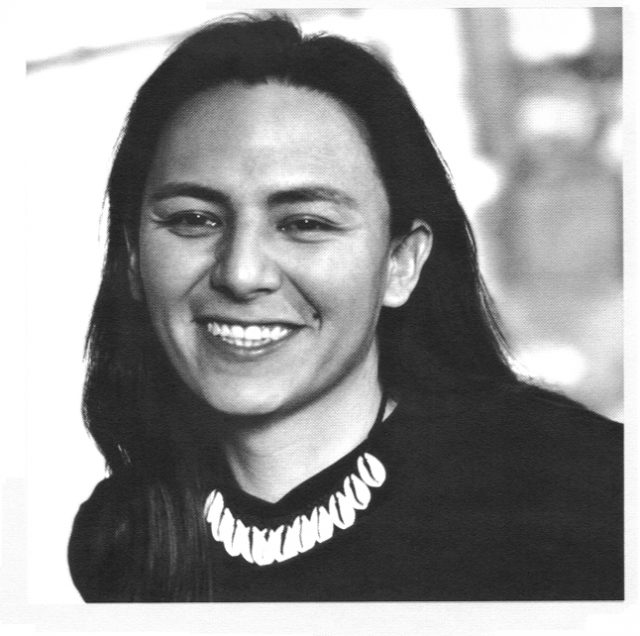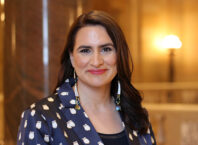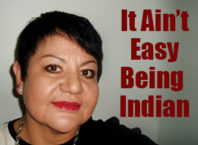 Love, Love, Love, Love
Love, Love, Love, Love
We live in an American society that is
obsessed with love. It’s plastered everywhere this time of year.
Valentine’s Day brings out Cupid, heart shaped chocolates, flowers,
balloons, cards and music about love. Those of us with children help
our kids fill out their Valentine’s Day cards to take to school. We
may give a gift. We may receive gifts. Everything is about love.
This month I wanted to write about
love – my understanding of love; how I came to know love; and my
experience with love. I’ve learned over the decades that I’ve
been on this journey called life that love is easy. We complicate
love with popular ideas of what it is, what love should be, how love
is manifested, who is allowed to have love, when love is given and
how love is given.
It’s important to note here before
you continue any further, what you read are my experiences. My
experiences and the experiences of other Native people are just as
diverse, unique and varied as the people in our community. Both of
our experiences are valid, not generalizable and should never be
construed as such.
My life-changing experience with love
was when my son was born, Hoksicila Cante Ma Yuha (Child of My
Heart). When I first saw him, when he took his first breath, I feel
deep into parental love. The love of a parent is all consuming, all
confusing and scary at times, but wonderful and filled with many
moments of joy. This experience profoundly shifted my notions about
what I knew about love, and what love could be. It is from this
experience that I began to explore love, my experience with it and
how I defined love.
I am a survivor of sexual abuse and
domestic assault. These experiences influenced me and I share this so
you can understand how I came to know love. These experiences are not
an excuse, nor are they a justification when I failed to return love
when it was given to me unconditionally. These experiences are what I
needed to heal from so I could experience love.
My traumatic experiences aren’t
unique. These difficult experiences, if left unresolved, would change
how I related to my family, to a friend, to a significant other, to a
lover, to community, to the environment and to the Creator, as I
define them for myself. It was through therapy and participating in
traditional ceremonies that I learned that I am loved, I am loveable,
I am deserving of love and love is abundant.
The environment I grew up in taught me
about love, most of these lessons are my interpretation and not
specifically told to me. My upbringing on a rural, South Dakota
reservation taught me about my worth. Reservations are notoriously
surrounded by blatant, insidious racism. In my opinion, these issues
form how we relate to ourselves and the world around us, at least for
me.
Mainstream media influenced my
definition of love. I adore love stories and romantic comedies. These
stories gave me an example of a life that I tried to relive or
recreate. I also grew up in an American society that didn’t reflect
back to me who I was. I didn’t see Native people in media and I
interpreted this for myself that I was invisible; therefore, I was
not worthy of love.
I grew up entrenched in my family that
taught me its values about love. These values they learned from
institutions, specifically boarding schools and churches. Part of my
family is expressive in showing their love and the other part is not.
As an adult, I learned to appreciate the range of love they express.
Many of their lessons, I’ve kept.
All of these experiences explain how
when someone gave me a little attention I believed that was enough.
Also, when someone touched me that I accepted less than what I
needed. Any attention became OK; I accepted abuse from people because
they only knew love hurt, so they expressed it to me. I craved human
connection, I didn’t know my worth and I accepted less than. I
didn’t know the difference between healthy love and harmful love.
western talk therapy and participating in ceremonies that I learned
to be a proud Native deserving of healthy love. These processes of
reconciliation were important for me to make peace with trauma and
misunderstanding. Ultimately, I’m grateful to my kids. It’s their
presence that I was urged to define love.
Giving and receiving love is a result
of many factors. For some of us, difficult experiences taught us what
love isn’t. For some of us, love has been good. For some of us, the
first breath of our children was our calling to know: love is
beautiful.
Love begins with you.






